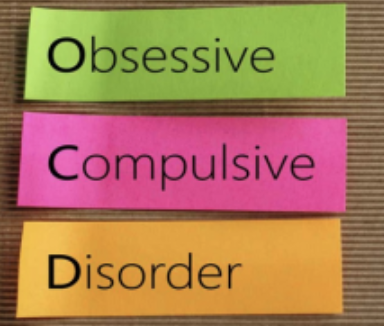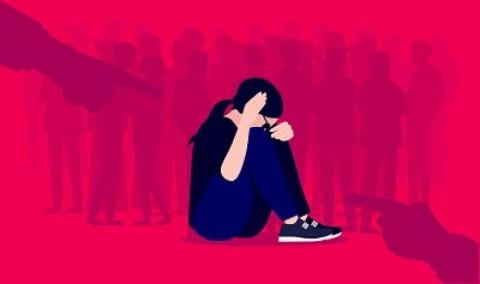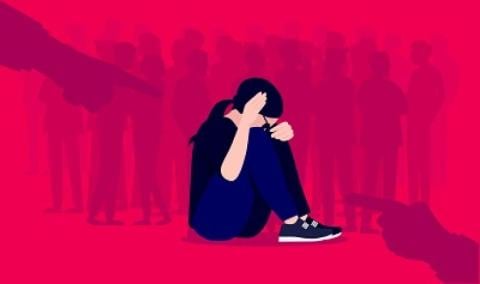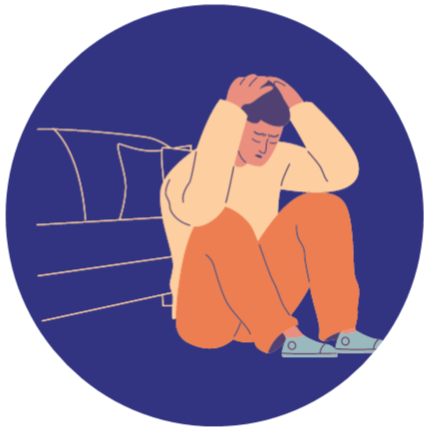Interacting with and caring for a family member with OCD can be very stressful. To effectively help that person, you need to do whatever is necessary to take care of your own physical and emotional well-being. Here are some tips about what you can—and cannot—do.
Myth #1: The only way for my life to improve is if the person with OCD gets better.
Fallacy: Although life will almost certainly be better for family members if the person with OCD gets better, there are no guarantees that he or she will. You need to do whatever you can to improve the quality of your own life, even if the OCD sufferer does not recover.
Myth #2: It’s selfish to try to help myself.
Fallacy: This myth implies that it’s inconsiderate to be concerned about your own well-being, and that helping yourself is somehow harmful to other people. In reality, when you take care of yourself, you are in a much better position to help others.
Myth #3: Getting help for myself will jeopardize my efforts to help the person with OCD.
Fallacy: When you’re less overwhelmed by frustration, guilt, and other negative emotions, you are in a better state of mind and will actually be more effective in helping your loved one.
Myth #4: The person with OCD will get upset if I get help.
Fallacy: There actually is a very good chance that the person with OCD will become angry if you seek help. But the fallacies lie with the underlying assumptions of this myth:
- You can control whether or not the person with OCD gets upset (you can’t).
- The person with OCD won’t get upset if you don’t get help (but he or she may get upset even if you don’t get help; you can’t control this).
Myth #5: I shouldn’t have to be the one to change.
Fallacy: This myth is based upon the laws of a world in which things are always fair. In the real world, you must make real decisions – even if they don’t seem fair.
Myth #6: I should be able to cope without help.
Fallacy: Once again, this myth is based upon a make-believe world in which you are all-knowing and never need help. In the real world, reasonable people seek help from others who have expertise or resources they don’t have. In fact, knowing when to seek help is a strength, not a weakness.
The bottom line: You may need to talk with your loved one’s cognitive-behavior therapist for guidance or seek help on your own. You may also want to consider attending a local OCD support group for family members. Talking with others who have had similar experiences and learning about how they have approached family difficulties can be extremely helpful, if not therapeutic.
Developed by Heidi J. Pollard, RN, MSN, and C. Alec Pollard, PhD, Director, Center for OCD & Anxiety-Related Disorders, Saint Louis Behavioral Medicine Institute
















